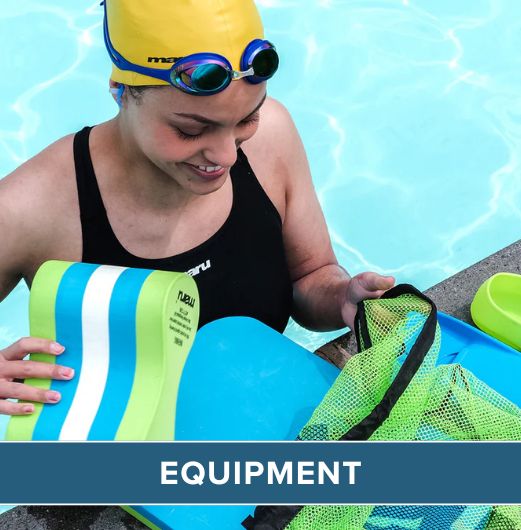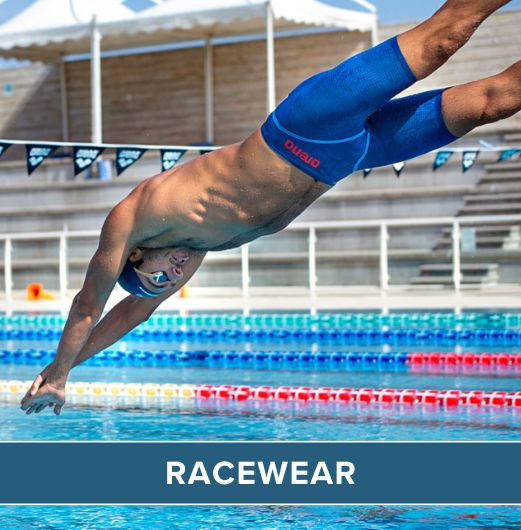Swimming in open water can be an exhilarating and liberating experience, but it is not without its risks. Unlike swimming in a pool, open water swimming presents a unique set of challenges and dangers, including currents, waves, and weather conditions. It is important to take precautions and follow safety guidelines to ensure a safe and enjoyable swimming experience. Here are some essential safety tips for swimming in open water.
1. Choose a safe location
Before you head out to the open water, it is important to choose a safe location. Look for designated swimming areas with lifeguards on duty, or choose a spot that is popular among swimmers. Avoid swimming in areas that are known to have strong currents, rough waves, or dangerous wildlife. It is also important to check the weather conditions before heading out and avoid swimming during storms or high winds.
2. Wear a life jacket or buoyancy aid
Even the most experienced swimmers can tire quickly in open water. It is important to wear a life jacket or buoyancy aid to help you stay afloat and conserve your energy. It’s also a good idea to have a Swim Safety Buoy or Personal Flotation Device so that it is visible to other water participants, choose a device that is specifically designed for swimming and fits you properly. Make sure to test it out before heading into deep water to ensure that it works properly and that you are comfortable with it.
3. Swim with a buddy
Swimming alone in open water can be dangerous, even for experienced swimmers. Always swim with a buddy, and make sure that you stay within sight of each other. This way, you can help each other in case of an emergency. If you must swim alone, make sure that someone knows where you are and when you plan to return.
4. Start slowly and acclimatise to the water
Open-water swimming can be much more challenging than swimming in a pool. Start slowly and acclimatise to the water by gradually increasing your distance and time in the water. This will help you build up your endurance and confidence, and reduce your risk of injury or fatigue.
5. Be aware of your surroundings
When swimming in open water, it is important to be aware of your surroundings at all times. Keep an eye out for boats, jet skis, or other watercraft, and stay away from areas with heavy boat traffic. Be aware of underwater hazards, such as rocks, or submerged objects. If you are swimming in an area with marine life, such as jellyfish, be sure to stay alert and follow local guidelines.
6. Know your limits
It is important to know your limits when swimming in open water. Do not attempt to swim beyond your level of skill or endurance, and do not push yourself too hard. If you start to feel tired or uncomfortable, take a break and rest. Listen to your body, and do not hesitate to call for help if you need it.
7. Practise proper breathing
Proper breathing is key to swimming safely in open water. Practice breathing techniques that allow you to inhale and exhale smoothly and efficiently. Take regular breaks to catch your breath and avoid hyperventilation. If you are swimming in cold water, it is especially important to practise proper breathing to avoid hypothermia.
8. Stay hydrated
Staying hydrated is important for any physical activity, and swimming in open water is no exception. Make sure to drink plenty of water before and after your swim, and bring along a water bottle or hydration pack if you plan to swim for an extended period of time. Avoid drinking alcohol before or during your swim, as it can impair your judgement and increase your risk of dehydration.
9. Know what to do in an emergency
Even if you follow all of the safety tips for swimming in open water, accidents can still happen. It is important to know what to do in case of an emergency. Learn basic rescue techniques and CPR, and carry a first-aid kit with you. If you or someone else is in distress, call for help immediately. If possible, signal for help by waving your arms, shouting for help, or using a whistle. Stay calm and conserve your energy while you wait for help to arrive. Remember, in an emergency situation, every second counts, so be prepared and act quickly to ensure the safety of yourself and others.
Swimming in open water can be a fun and rewarding activity, but it is important to take safety precautions to minimise the risks. By following these essential safety tips, you can help ensure a safe and enjoyable swimming experience.
 Free Tracked UK Delivery
Free Tracked UK Delivery Hassle Free Returns
Hassle Free Returns Next Working Day OPTION
Next Working Day OPTION Found It Cheaper?
Found It Cheaper?















